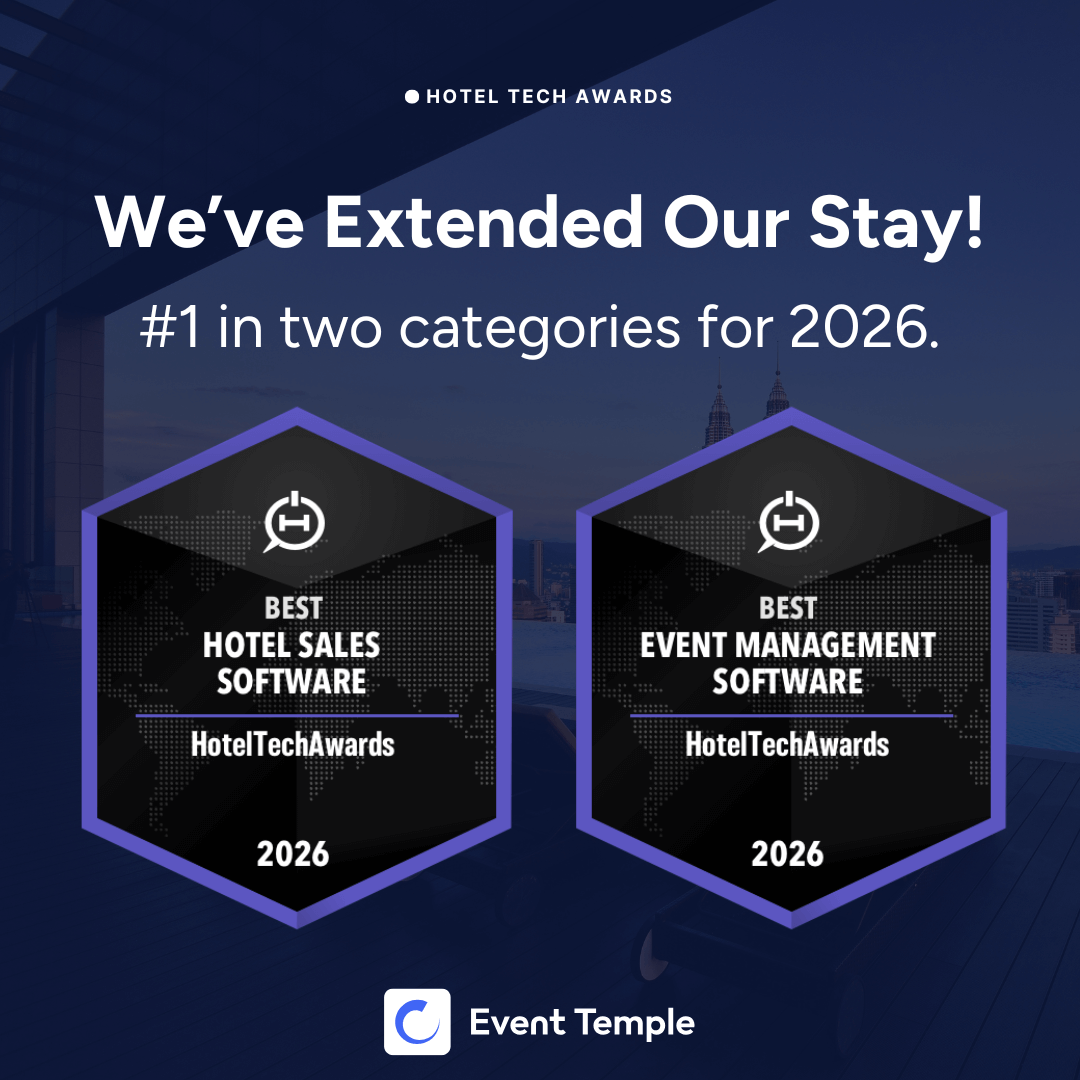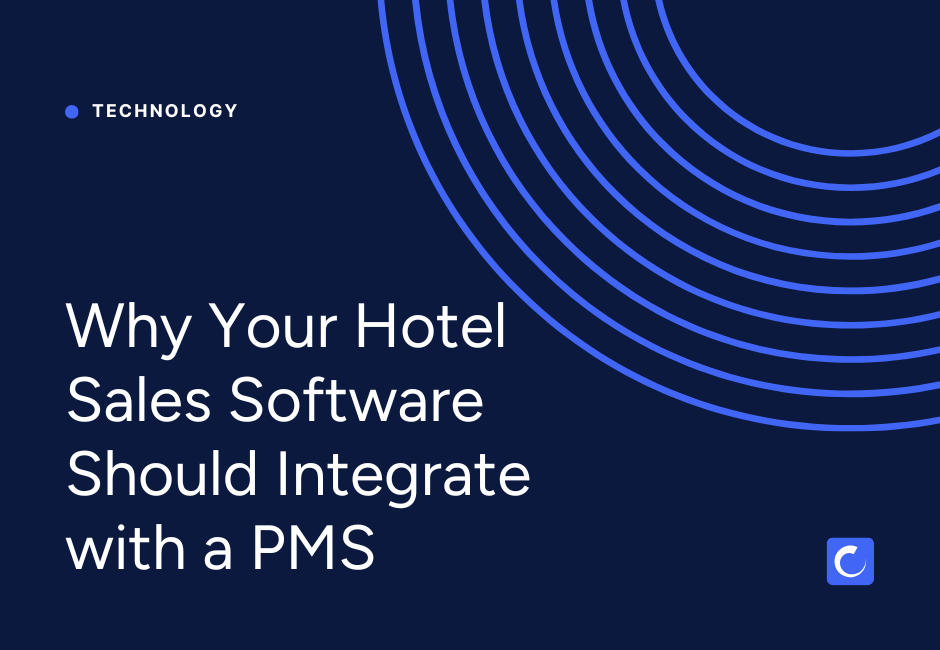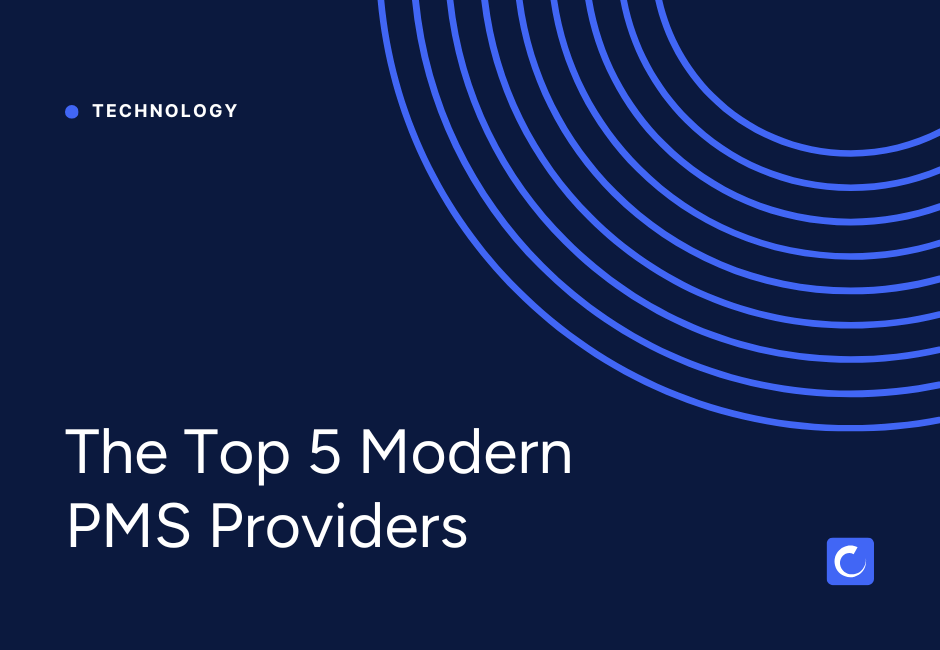
Modern day businesses in the hotel industry have found great potential in deploying a hotel CRM. With the CRM industry valued at $120 billion, there is a constant influx of new solutions with each claiming to provide increased efficiency and productivity.
This abundance of options makes the decision of choosing the best hotel CRM somewhat more difficult. However, one name that is commonly mentioned is Salesforce – but it’s not for the hospitality industry.
So if you’ve been thinking about it – stop right there. This article will list the top three reasons why Salesforce is not suited for hotels:
Lack Of Deployment And Cloud Vendor Choices
When it comes to a hotel CRM, a leading cause of their widespread adoption is the feasibility they provide. The ability to choose your deployment criteria and cloud platform enable every hotel to choose what suits their requirements and budget.
While Salesforce doesn’t offer you this choice, leading competitors such as Oracle, Microsoft Dynamics CRM, SAP CRM, and Sugar CRM do:
- Deployment (on-premise, on-demand or a hybrid deployment)
- Cloud Platform (vendor’s cloud, private cloud or a public cloud)
Additionally, Salesforce does not support public clouds, which feature some of the most secure vendors such as Amazon Web Services and Microsoft Azure.
Such limited hosting options prevent portability of data which further increases exit costs for your hotel. As you continue to save and backup data on Salesforce, the cost to exit the existing hotel CRM increases dramatically.
This lack of a transfer option means loss of data and precious IT investment whenever you decide to shift from Salesforce.
Increased Complexity
Being a generic CRM solution, Salesforce is a testament to the old saying ‘jack of all, master of none,’ with its feature-laden dashboard that does a bad job of providing users with industry-specific tools.
For the hospitality industry, salespeople require very specific and precise information to ensure they keep on qualifying leads. Salesforce, on the other hand, provides an overwhelming experience that disrupts the entire process with an interface that can be difficult for a hotel employee who does not need access to such overtly sophisticated features.
As such, the features not only fail to provide value but they make the process more complicated and induce inefficiency.
The successful implementation of a hotel CRM depends entirely on how employees are trained and how well they adapt to the CRM – safe to say, such increased complexity of Salesforce CRM doesn’t make things better.
If you think about customizing the hotel CRM according to your niche, adding in tailored workflows or designs, then be wary of the costs. In addition to the expensive pricing structure ($125 per user per month), Salesforce charges more for third-party integrations and CRM customization.
Lack Of Authority Over Your Own CRM
One of the biggest pitfalls of Salesforce CRM is that it fails to provide a sense of authority to the client. While industry-specific CRMs provide full control of every aspect of the software, Salesforce forces their clients to adjust.
A prime example is the forced updates that clients have to go through; using an obsolete single-tenant system, all clients store their data in a single mainframe system. Whenever an update occurs, they have virtually no control over the proceedings and they are forced to update.
So you might be in the middle of prospecting clients for the next group event but if the update occurs, your work will be left incomplete.
Another example of the lack of authority is that the organization cannot have users with multiple roles. In a service-oriented business like the hospitality industry where users from multiple departments or different locations work together, this can cause an administrative headache.
In fact, Salesforce documentation includes over 40 pages worth of limitations that dictate how many times a feature or component of the CRM can be used.
From API calls, web-to-lead forms and even the number of emails – the excessive limitations placed on each feature means that people quickly realize that they have to pay extra to gain and maintain access.
When it comes to selecting a CRM, it is very important to do your research. While an optimal software can provide an ROI of up to $5.60 for each $1 invested, one that does not fit you overall business can derail your entire sales process.
This is why Salesforce is not advised for use in the hospitality industry. Its inability to grant control to the client as well as increased complexity and lack of options make it a misfit when deployed in a hotel.
If you’re looking to switch to a CRM, our advice is to opt for one that understands the nuance of the hospitality industry and is tailored to your needs.




